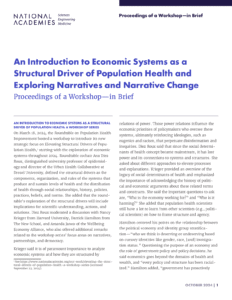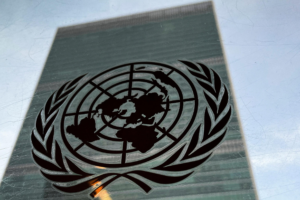Minneapolis is again considering sweeping changes to the city’s police department more than a year after the failed push to disband the department in the wake of George Floyd’s murder.
Residents will vote in November on a ballot question that would change the city’s charter and create a department of public safety, a proposal that has attracted thousands of local supporters but also fierce community opposition as well as national attention and money. City officials must finalize the ballot question and submit it by Friday.
The department would use a “comprehensive public health approach” and include licensed peace officers “if necessary.” It would also no longer be under the sole control of the mayor’s office, giving greater oversight to the city council.
Yes 4 Minneapolis, a coalition of dozens of local groups, proposed the measure, acquired more than 20,000 signatures to get it on the ballot and raised about $1 million. Leaders say that shows there is still widespread community support for changes to the police department more than a year after Floyd’s murder sparked a national conversation about police brutality and systemic racism.
“I think that the folks of Minneapolis are ready for concrete change. They’re ready for a shift, they’re ready to unite and heal,” said the Rev. JaNaé Bates, a co-leader of the campaign.
Minneapolis leaders promised big change:Keeping them is taking longer than some hoped.
In June 2020, a majority of city council members pledged to dismantle the police department, but their amendment never made it onto the ballot. The councilproposed another plan in January, similar to the Yes 4 Minneapolis proposal, but later withdrew it to avoid confusion among voters, according to Steve Fletcher, a member of the council.
Fletcher is in favor of the citizen-led measure because it is “unacceptable” and “unsustainable” for the city to maintain the status quo after Floyd’s death.
“If 20,000 citizens sign a petition, I think they deserve to have their question heard,” he said. “This is actually the direction a lot of cities are going and certainly because we’re at the center of it, it puts even more pressure on us to get it right.”
Under the new department, Fletcher said, law enforcement would be reduced and focused on responding to violent crime while specialized responders would address mental health, addiction, homeless outreach and violence prevention.
The plan from Yes 4 Minneapolis, however, has drawn opposition – including from Operation Safety Now, which leaders describe as a grassroots movement of residents concerned about public safety. Co-founder Bill Rodriguez believes the ultimate goal of Yes 4 Minneapolis is to get rid of the city’s police department altogether.
“We need to focus on police reform without question. We also need to have a fully functioning, fully staffed police department that protects us,” Rodriguez said. “This is nothing more than a Trojan horse.”
Rodriguez said the thousands of signatures gathered by Yes 4 Minneapolis does not indicate widespread support and that a majority of donations to the campaign came from outside the community.
What does ‘defund the police’ mean? Why some say ‘reform’ is not enough
Yes 4 Minneapolis reported receiving roughly $430,000 of “in-kind” donations, which could include staffing or other nonmonetary help, $75,000 in cash and nearly $4,000 in staff time from the American Civil Liberties Union, and smaller donations from locals groups Black Visions and Reclaim the Block and residents of the Twin Cities, according to the Star Tribune.
Another opposition group, All of Mpls, launched last month and raised more than $109,000 to campaign against the proposal through door-knocking, mailers and digital ads. Leili Fatehi, the campaign manager, said it’s clear the community wants structural reforms to policing, but the amendment does not provide a clear plan for the future of the department.
“It doesn’t have anything in it that guarantees that any structural reforms to policing would even take place,” Fatehi said. “When you scrap a department altogether without a clearly articulated plan for what comes next, you are basically asking voters to just trust that the next council that’s elected will come up with a plan.”




